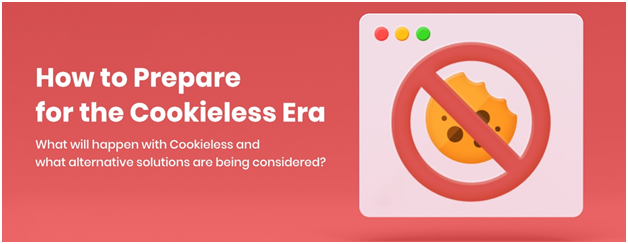Table of Contents
Hook
Imagine a world where your favorite cookies disappear overnight—not the delicious kind, but the digital ones that have been the backbone of online marketing for years. What would that mean for marketers? As we move towards a cookie-less future, understanding how to adapt and thrive in this new landscape is more crucial than ever.

The End of an Era
For many years, third-party cookies have served as a fundamental tool for digital marketers, enabling them to deliver personalized ads and content by tracking users’ browsing activities across different websites. However, with increasing privacy concerns around data security, major internet browsers are now phasing out the use of third-party cookies. This pivotal shift poses a significant challenge for marketers: how can they continue to provide personalized experiences and maintain engagement in the absence of the data previously gleaned from these cookies?
Influencer marketing isn’t about celebrity endorsements. It’s about the strategic alignment of a brand with a trusted individual who can share authentic messages and experiences.
Ann Handley
Exploring the Change
The digital marketing world is on the brink of a significant transformation. With major browsers phasing out third-party cookies, marketers face a challenge: how to track user behavior and deliver personalized experiences without relying on these small data files.
Third-party cookies have long been used to collect user data across different websites, allowing for targeted ads and personalized content. However, concerns over privacy and data security have led to stricter regulations and the eventual demise of these cookies.
Adapting to a Cookie-less Future
- First-Party Data Collection: Marketers should focus on gathering first-party data, which is information collected directly from your audience. This can include email addresses, purchase history, and website behavior. Building a strong first-party data strategy can help maintain personalized marketing efforts.
- Contextual Advertising: Instead of relying on user data, contextual advertising targets ads based on the content of the web page. This method aligns ads with relevant topics and interests, providing a more privacy-friendly approach.
- Customer Relationships: Investing in customer relationship management (CRM) systems and loyalty programs can help maintain a direct line of communication with your audience. Personalized email campaigns and exclusive offers can keep your customers engaged without relying on third-party data.
- Privacy-Centric Solutions: Embrace privacy-centric technologies such as Google’s Privacy Sandbox, which aims to create web standards for websites to access user information without compromising privacy. Staying updated with these technologies can give marketers a competitive edge.
- Data Partnerships: Collaborate with other businesses to share anonymized first-party data. Data partnerships can help fill in the gaps left by the loss of third-party cookies, providing a broader view of consumer behavior while respecting privacy.

Conclusion
The shift to a cookie-less world might seem daunting, but it’s also an opportunity to create more trust and transparency with your audience. By focusing on first-party data, contextual advertising, and privacy-centric solutions, marketers can navigate this new terrain effectively. Embracing these changes will not only help you adapt but also build stronger, more meaningful relationships with your customers. So, let’s get ready to bake up some new strategies in this cookie-less world!








